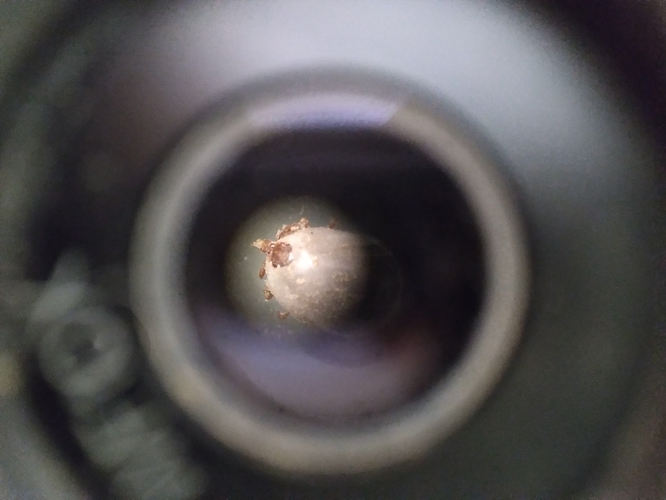Long story short, bought two mares in November, right before it got very cold. Blanketed them day two, and they developed bumps. Then, about 5 weeks later I found ticks on them both (which is when it was super cold here, so they had heavier blankets on). Treated on New Years even with a stinky pour on liquid from the vet. Now, today, took them inside and pulled their blankets for the first time since the treatment, and found copious ticks! Some seemed dead (the bigger ones), but some smaller ones definitely still alive. Tried to find as many as possible, but they are very harry, and have lots of little scabs too. I know they are due a second treatment in 7-13 days from now, but is it normal to find even more ticks after treatment?
It has been freakishly cold here (many days hitting -40ish for a low), but the ticks are all under the blankets. It is about to warm up though. Fortunately these two have been in isolation from the other horses!

